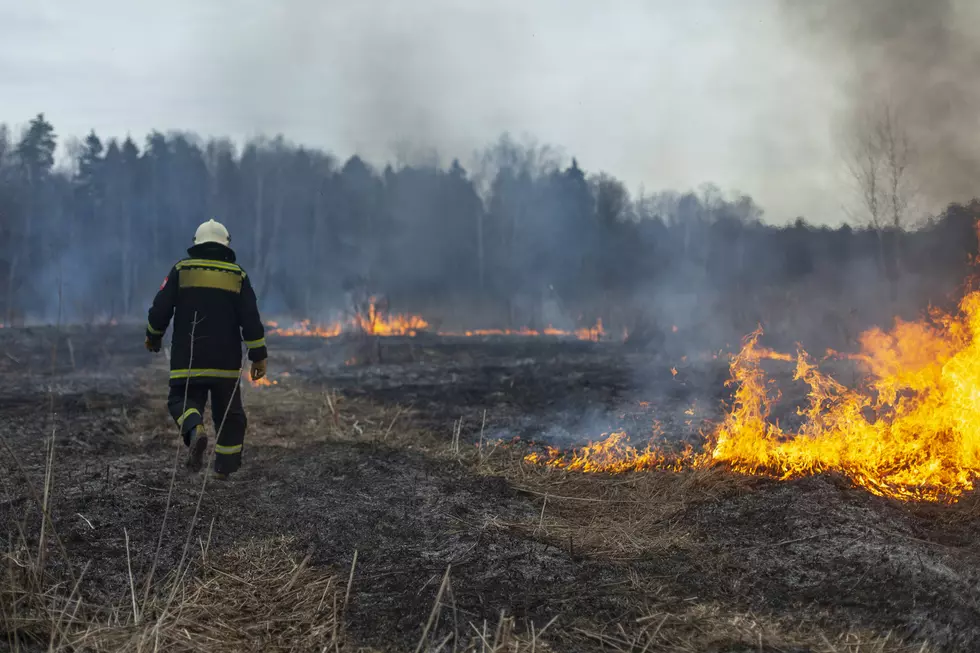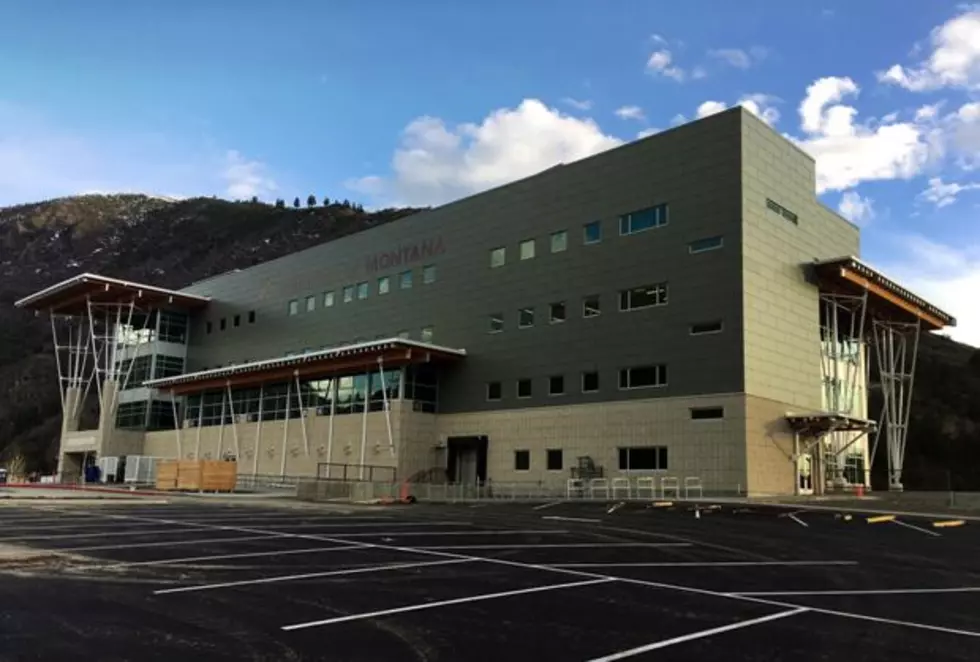
There May be a COVID Summer Surge in the US, Not in Missoula
Missoula, MT (KGVO-AM News) - Remember when any news report with the word COVID caused some concern and in some cases, fear?
Not so in Missoula County.
I spoke to Infectious Disease Registered Nurse Pam Whitney on Tuesday, who provided an update on the COVID numbers in Missoula.
No 'Summer Surge' of COVID in Missoula...Yet
“I've been watching it,” began Whitney. “In other parts of the United States right now, they're experiencing what they're calling a ‘summer surge’ of COVID with an increase in ER visits and in ER deaths, but we are not seeing it here yet. I think the word is ‘yet’.”
Whitney said there have been COVID outbreaks in other parts of the country.
“A lot of times, with all these new strains, they'll start on the East Coast, and they have, in the past, started on the West Coast, but then they make their way here,” she said. “I think my advice to everybody is just, if you're sick, stay home. Try not to be around sick people. It's beautiful outside, but when it comes to concerts, we kind of congregate when we go to those. So I'd keep a mask in my pocket.”
Use Your Common Sense in Treating COVID
Whitney said research continues, but the common sense approach is always the best with COVID.
“They have some medications that they came out with, but a lot of literature saying that they don't work as well as we hoped they would,” she said. “Some of these are prescribed by physicians. So to me, the best thing to do is, yes, to get your rest, drink plenty of fluids, and just take care of yourself. If you do have symptoms, like shortness of breath, or other symptoms that concern you definitely see your physician.”
READ MORE: 93,000 MONTANANS LOST MEDICAID COVERAGE DURING COVID
What should you do if you test positive for COVID?
“At this point, we all are pretty in tune with how to avoid the exposure, and if we have it we're still staying home,” she said. “Even though CDC changed its guidelines, it's no longer recommended to stay home for five days and then wear the mask for five more. It's pretty much once your fever subsides and you feel good enough you can go out, but for myself and my family, I'm still going to quarantine till I feel like I'm not going to expose anyone.”
Get more details on recognizing and treating COVID here.
Answers to 25 common COVID-19 vaccine questions
Gallery Credit: Stephanie Parker
More From Newstalk KGVO 1290 AM & 98.3 FM






